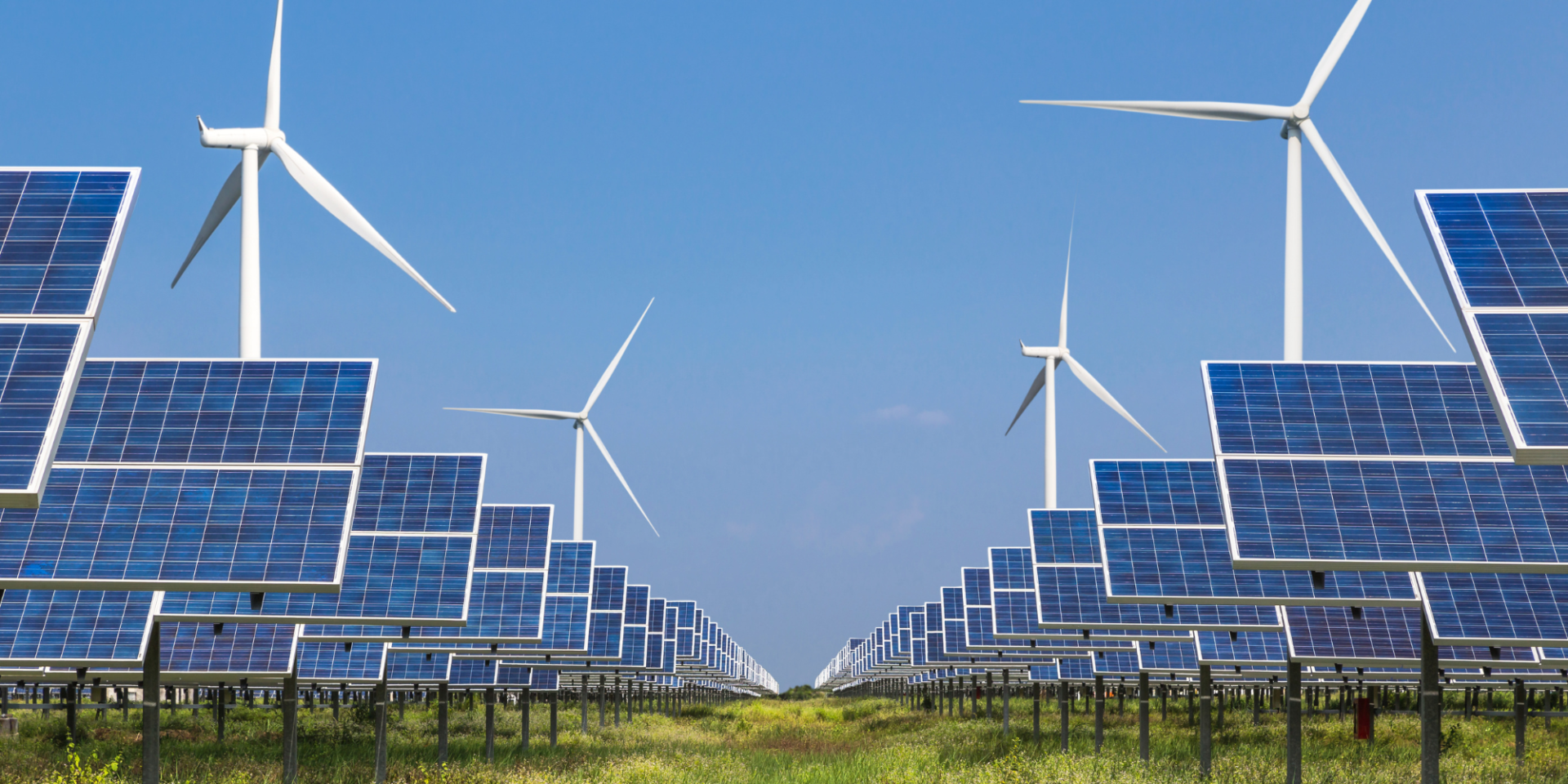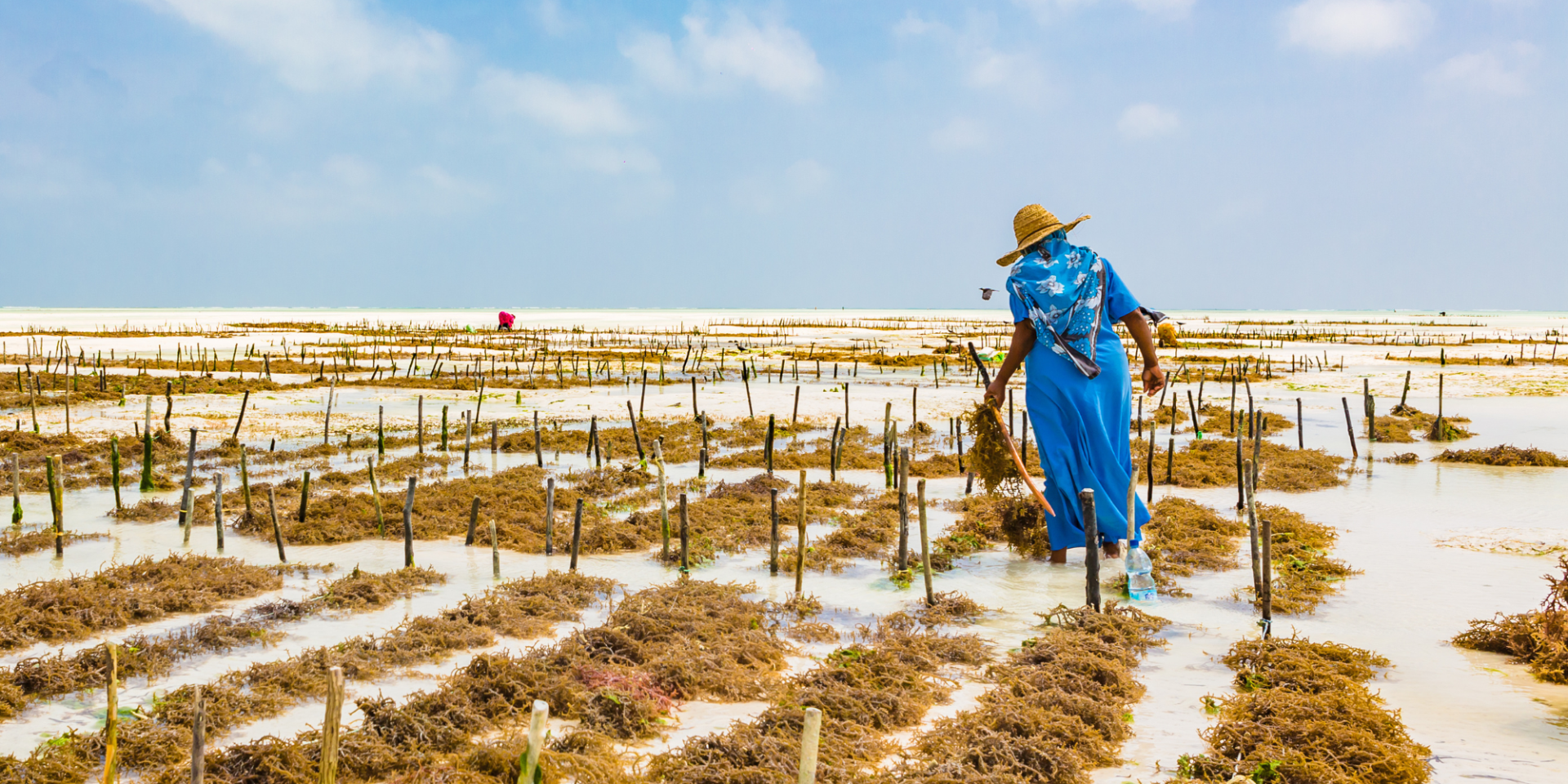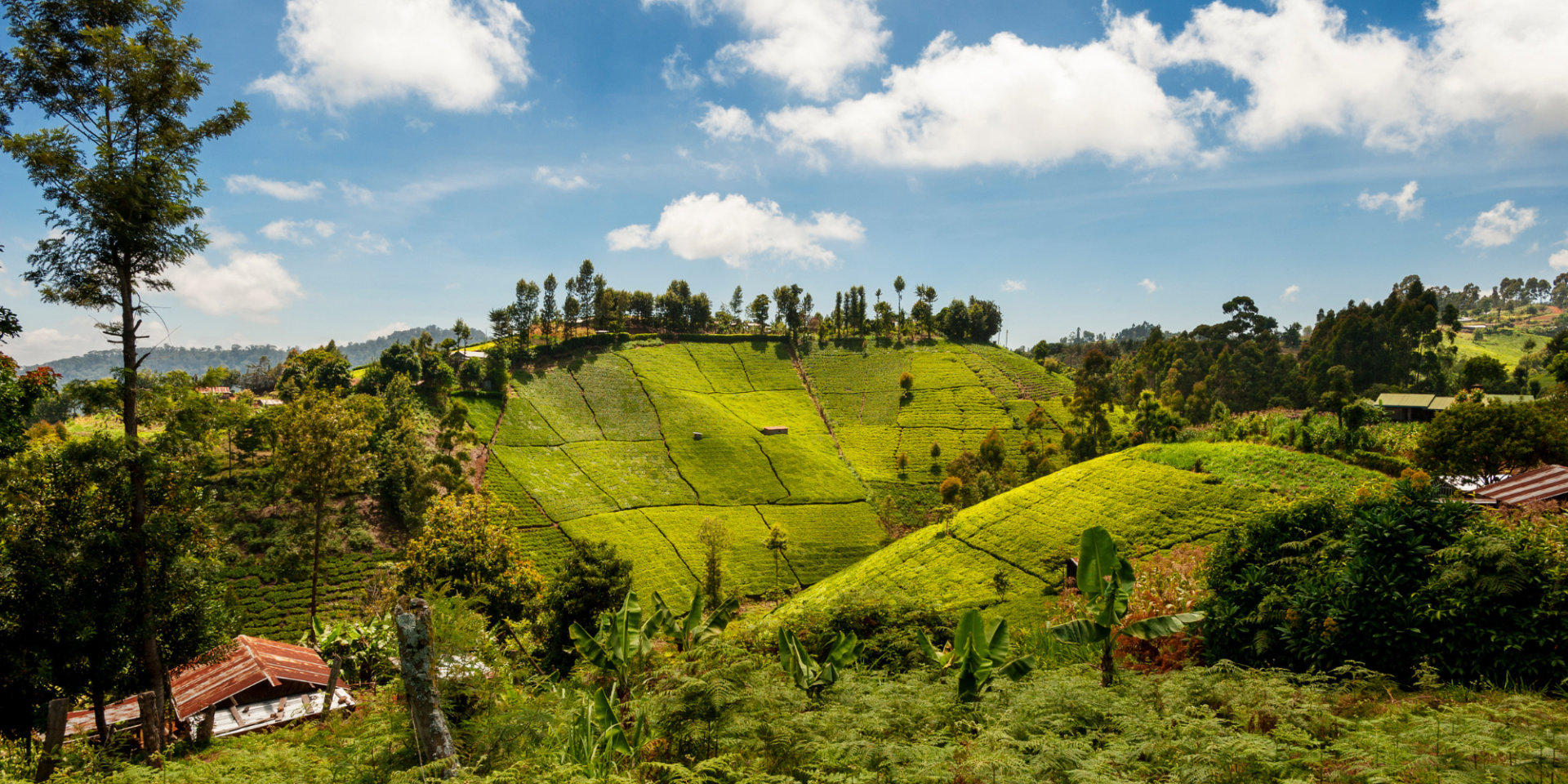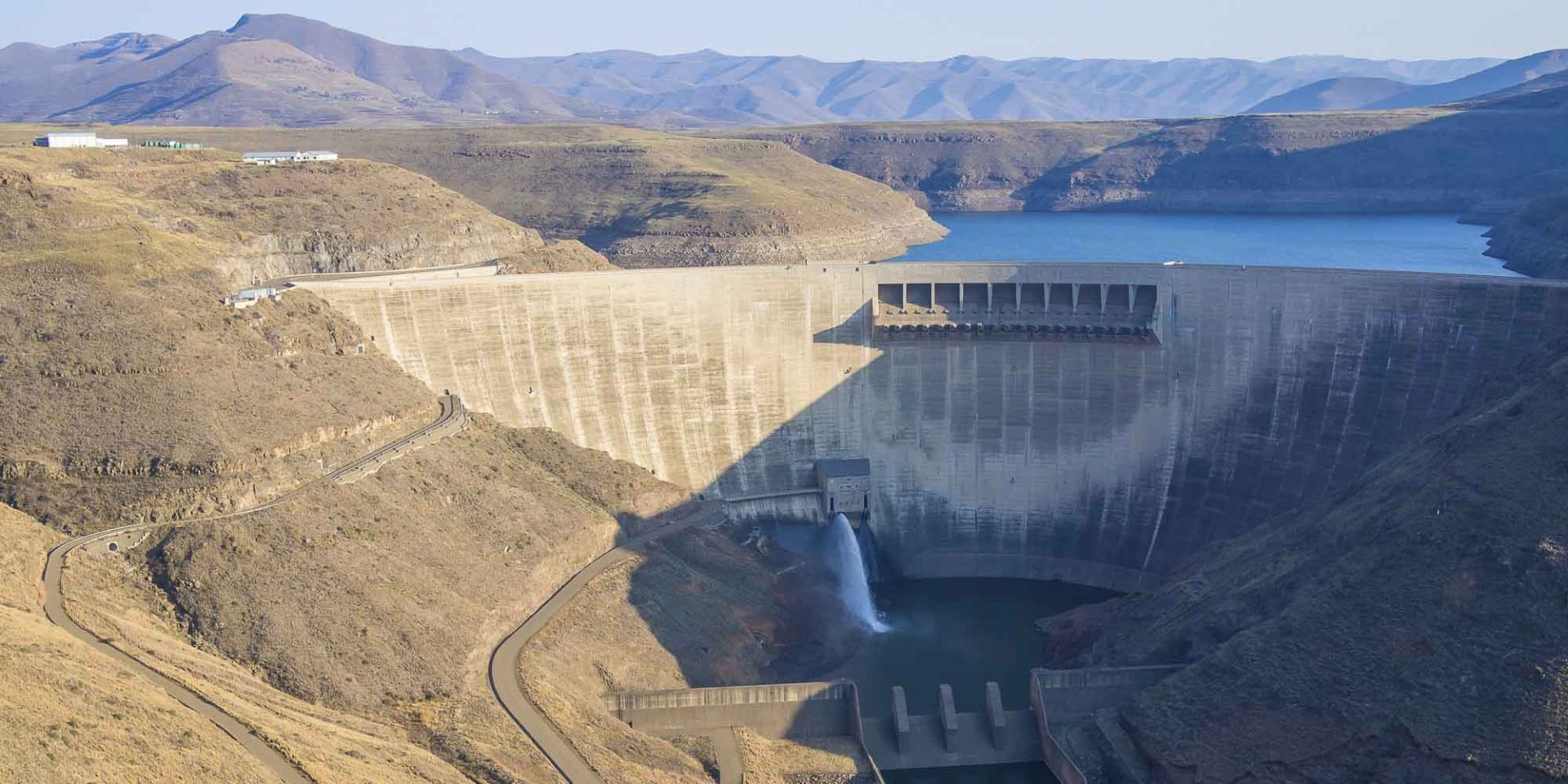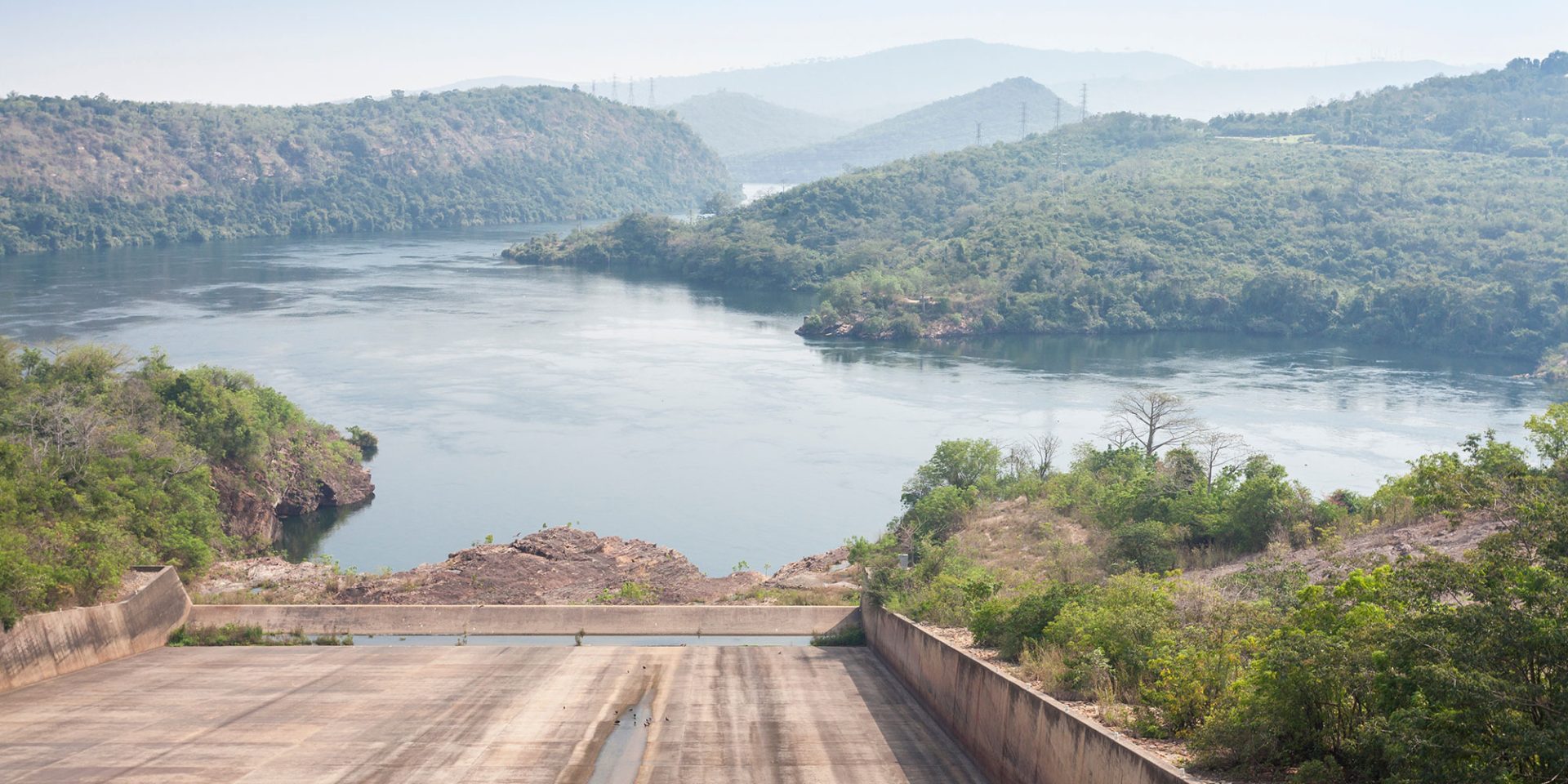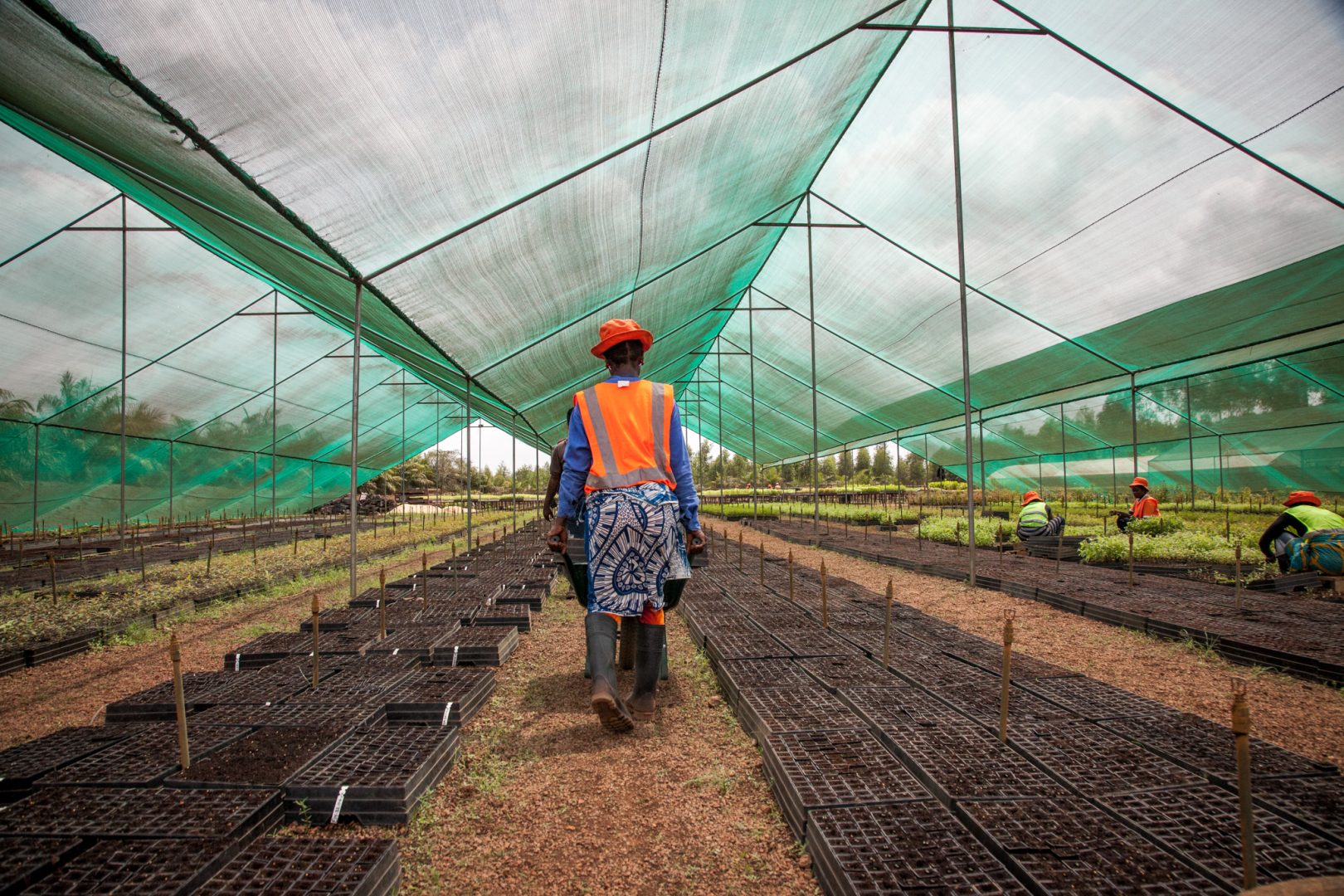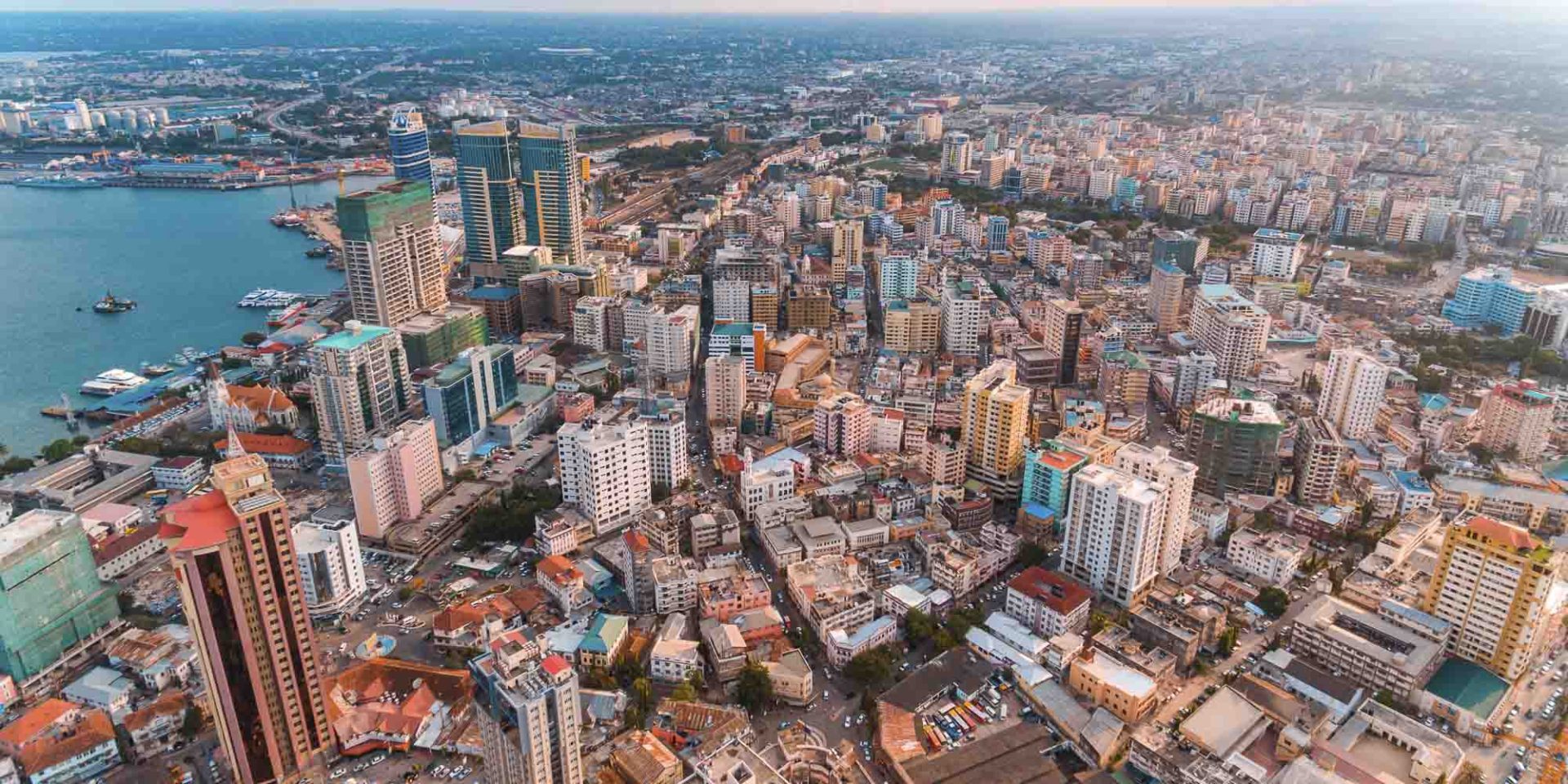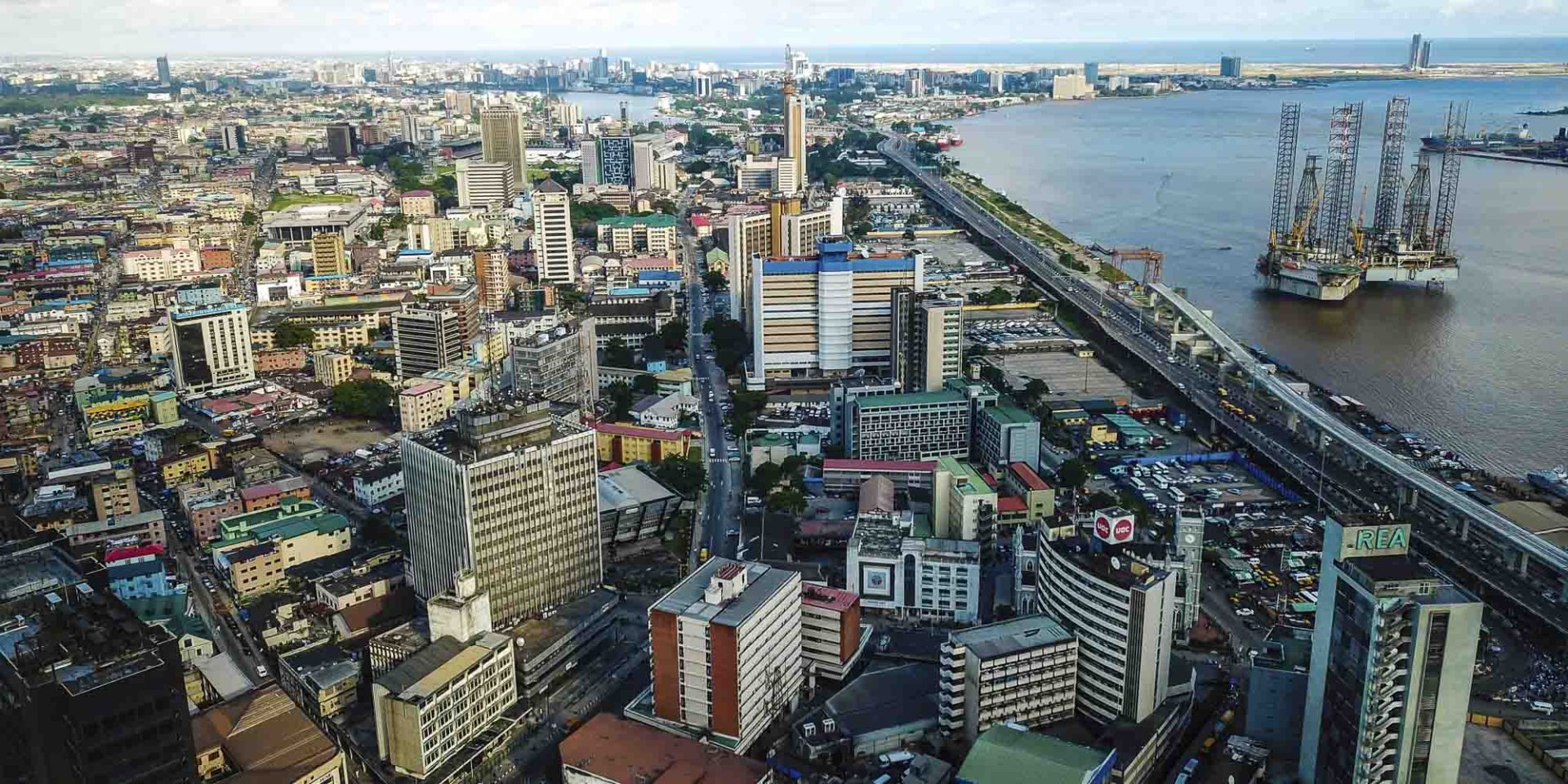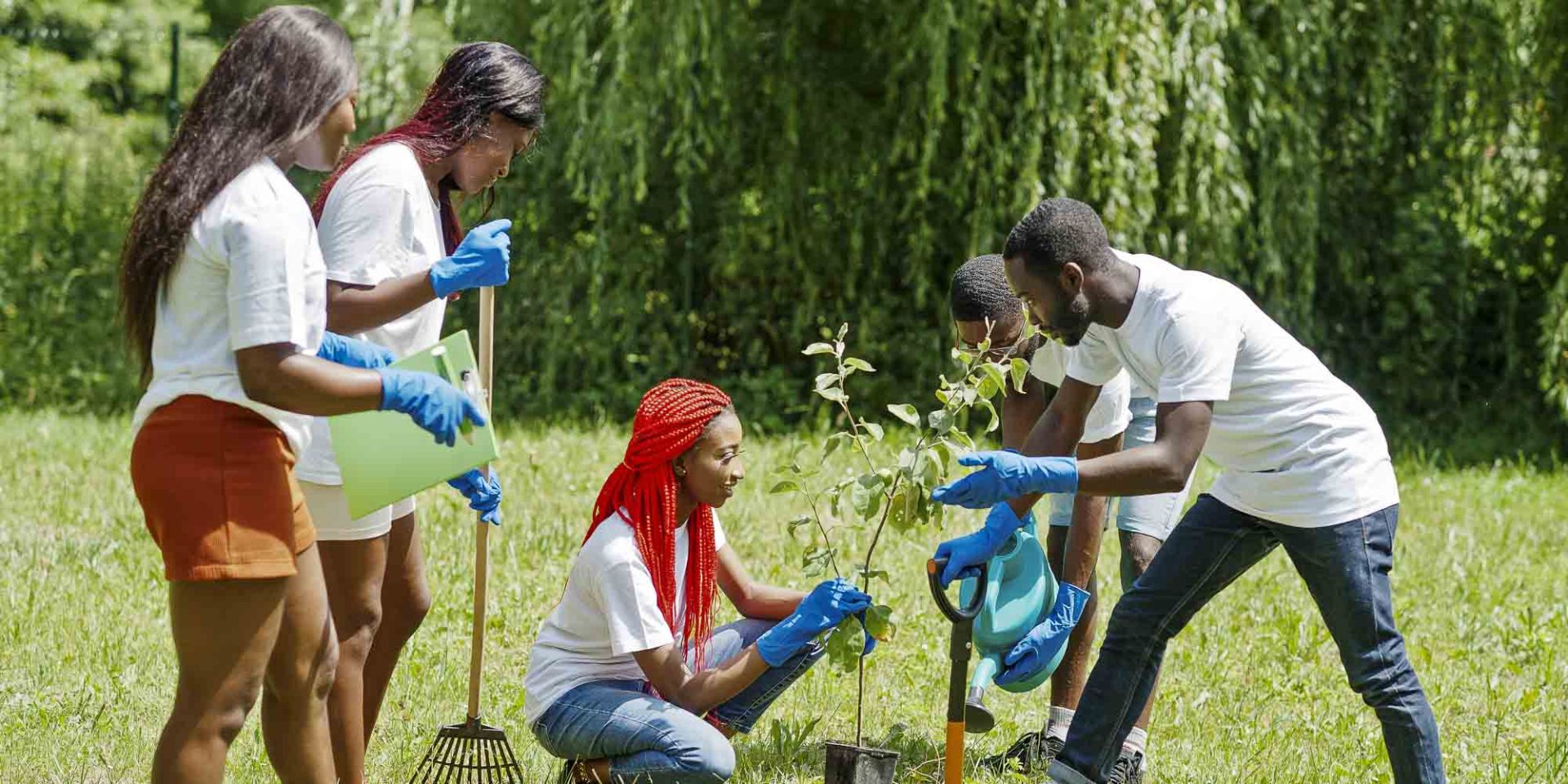In recent years, climate change has moved from the fringes to the centre of global political and public discourse. This, at least in part, is due to the now unequivocal science of humanity’s responsibility for climate change and the observed extreme weather events that are evidence of a world that has already experienced a significant level of warming. The wildfires in North America, droughts in Africa, and floods in Asia are harbingers of the loss of life and livelihoods that could become commonplace if climate action continues to lag what is needed to deliver the Paris Agreement. These events have also brought equity to the fore of climate discussions as they have highlighted poorer countries’ vulnerability to climate change despite their minimal contributions to the problem.
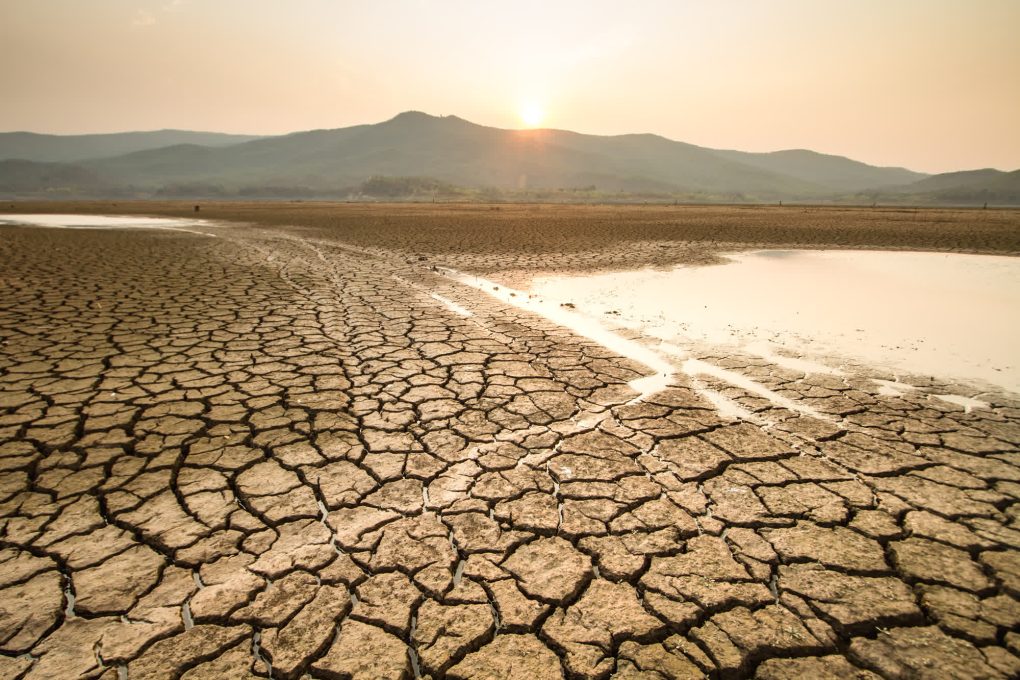
Climate equity and justice narratives advocate for a just distribution of the costs and benefits of climate action. Still, in most cases, there is no consensus on what is considered ‘just’ and for whom. Take for example, the principle of “Common but Differentiated Responsibilities and Respective Capabilities” (CBDR+RC) enshrined in the United Nations Framework Convention on Climate Change (UNFCCC). The principle is supposed to ensure that the varying levels of economic development between nations are recognised when allocating climate change mitigation responsibilities. However, the recent push to have poorer countries commit to achieving net zero emissions on similar timelines to advanced economies or to restrict their access to financing for fossil fuel projects, suggests that climate equity remains little more than lip service.
Similarly, CBDR-RC is supposed to coax wealthy countries into channelling financial support for climate change mitigation and adaptation toward lower-income countries. However, since ratifying the Paris Accord, climate finance flows have lagged the $100 billion-a-year pledge made by rich countries – a figure we now know is vastly inadequate, judging by the outcry by the African Group of Negotiators at COP26.
Policymakers have contemplated myriad equity principles to distribute the costs and benefits of implementing climate policy. Allocation-based principles seek to burden-share based on historical responsibility, population size, existing emissions, or wealth. The common ‘polluter pays’ principle is one such example. Others try to ensure net welfare change is equal between countries or to guarantee fairness in the international processes that determine climate action.
The Paris Agreement combines several principles by giving countries self-determination of their commitments through nationally determined contributions, and mandating that richer countries channel financing to poorer countries for climate action. Unfortunately, the treaty has no regulatory mechanisms to ensure compliance or punitive measures for violating its terms, limiting its effectiveness in addressing inequitable policies by signatories.
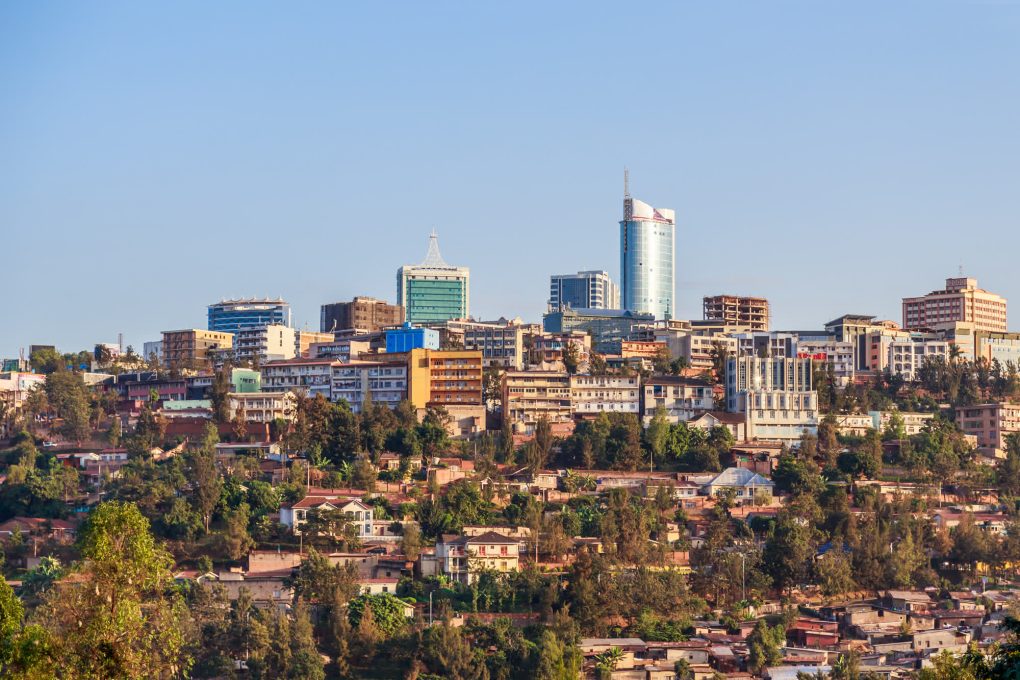
The Russia-Ukraine conflict has made energy security the priority of many countries today. The Russia-Ukraine conflict has made energy security the priority of many countries today. A number of European countries that largely supported a ban on the financing of fossil fuel projects abroad at COP26, are scrambling to secure alternative supply to Russian natural gas by seeking new sources elsewhere, including Africa, and increasing the use of dirtier fuels such as coal. Moreover, the geopolitical fault lines from the war have revealed that climate change can be deprioritised to guarantee societal welfare, albeit temporarily. This trade-off between immediate climate action and tackling urgent developmental challenges through increased fossil fuel use also exists in many resource-rich developing countries.
However, due to their limited financial and institutional capacities, they lack the agency to mobilise investment and truly self-determine their energy transition pathways. Often, they are beholden to policies enacted by developed nations, as the aftermath of the energy crisis in the EU has shown. The European Commission’s classification of the use of natural gas as an “environmentally sustainable economic activity” contrasts with their stance when the context is outside their borders.
The Paris Agreement’s vague definition of equity fails to detail burden-sharing expectations between nations. Its lack of penalties for non-compliance also fails to recognise that international power structures allow wealthier, powerful countries to face no retribution despite not meeting commitments. They are also not held to the same standard as their poorer counterparts when they deviate from progressive climate ideals.
As COP27 approaches, developing countries need to coordinate and advocate for equitable policies that give them agency in charting their paths in a low-carbon world. If the terms in the Paris Agreement are maintained, wealthier nations must step up and deliver the scale of climate finance needed to address the problem in less prosperous ones.
Some form of accountability is necessary to ensure compliance, not just public rebuke at international meetings with no improvements thereafter. Developing countries also need to formulate better climate action plans and more accurately quantify the scale of mitigation they can deliver and the support they require.
Only with more certainty around feasible transition pathways that offer broad economic development alongside climate action, can we know the extent to which countries with greater responsibility for climate change need to act. There needs to be a consensus on a practicable implementation of equity in delivering the Paris Agreement which gives parties decision-making power, but also holds them accountable for non-action.
Habiba Ahut Daggash, Ph.D. is an associate at the Africa Energy Program at RMI and also a Fellow for the Energy for Growth Hub
The views expressed in this article are the contributor’s own and do not necessarily reflect BII’s investment policy or the policy of the UK government.



